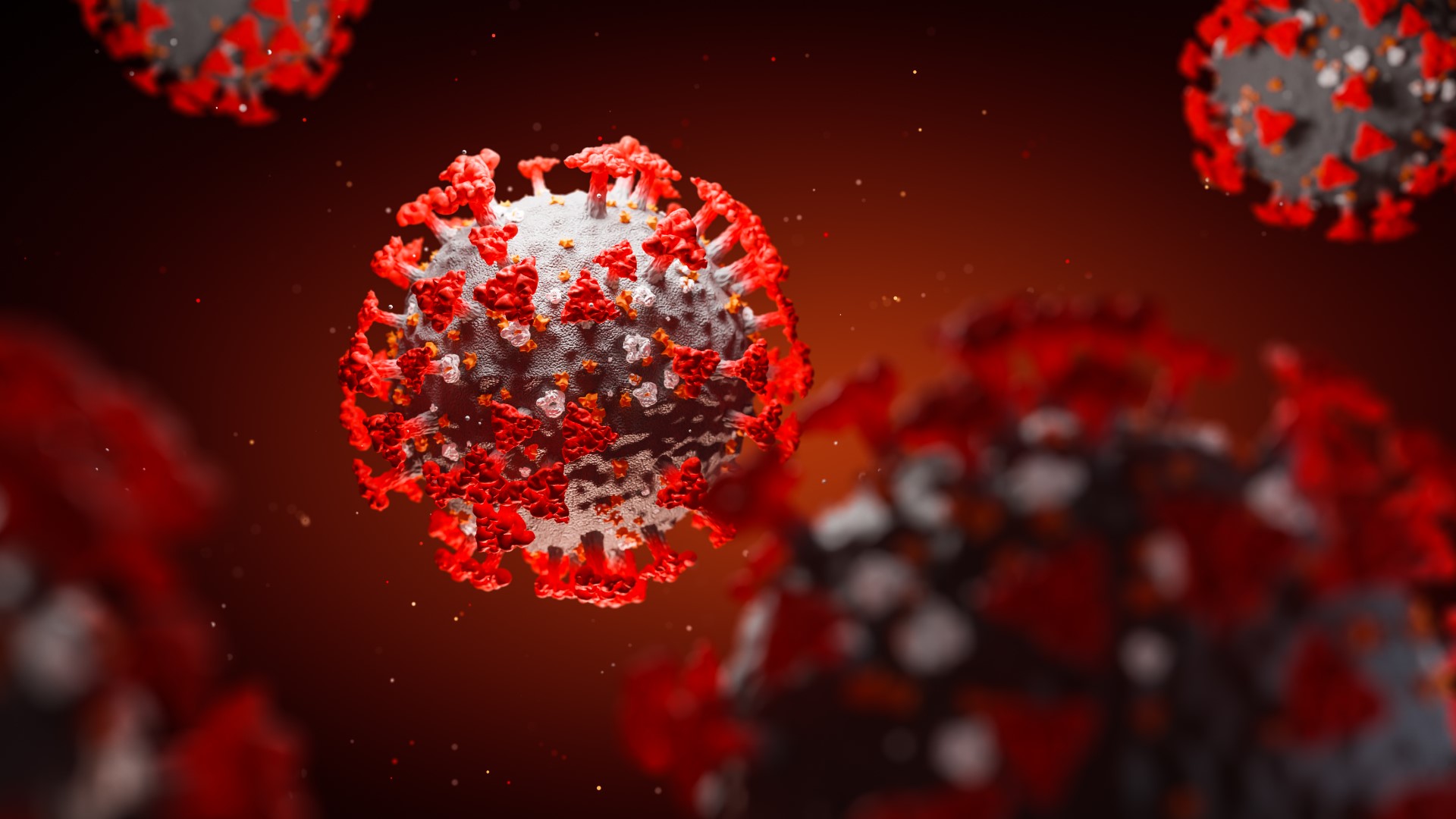CENTENNIAL, Colo. — Colorado Gov. Jared Polis announced Monday the state will begin to release hospital discharge data for patients with COVID-19, half-answering a consistent question during this pandemic: Is there a source of data on those who have recovered?
At least two Colorado counties report recovery numbers on their web sites, though both have different standards.
Gunnison County in southwest Colorado, has forms on its website for people to self-report cases of COVID-19, because of a limited supply of tests in the county. Alongside confirmed COVID-19 cases, Gunnison County lists self-reported case numbers and self-reported recoveries.
In Boulder County, the public health department determines recoveries through epidemiological investigations. As of Monday afternoon, of the 286 cases in Boulder County, the health department reported 116 recoveries.
“It’s a pretty resource-intensive thing to do,” said Chana Goussetis, spokesperson for Boulder County Public Health.
Goussetis said epidemiologists track patients through their entire case, checking with them along the way to see when their symptoms subside, and they have completed the course of the illness.
“It’s absolutely important for people to understand that although this is scary and although this can be very severe for a lot of people, 80 percent of people recover with no problem,” she said. “So we wanted to be able to show recovery as well as illness and unfortunately the deaths.”
Boulder County Public Health began the pandemic with a team of three epidemiologists, Goussetis said. Several doctors and nurses have volunteered to help, growing that team to eight. The department hopes to double that.
“I think it’s really important,” Goussetis said. “I think if resources are available every department should be doing it.”
Unfortunately, as the virus continues to spread, resources in counties bigger than Boulder are thin. For instance, in Denver, city and county leaders announced more than 1,300 confirmed cases Monday afternoon.
“It would be very difficult for Denver to receive accurate recovery numbers, as the vast majority of people with COVID-19 never go to the hospital or even know they had the virus in the first place because they may not show symptoms,” said Heather Burke, a spokeswoman for Denver’s Joint Information Center.
Denver health officials said any numbers would likely come from hospital data and wouldn’t be a true representation of those who recovered.
South of Denver, the Tri-County Health Department, which covers communities in Douglas, Arapahoe and Adams counties, said with the current case flow there is no way to keep up with each diagnosed case. Tri-County Health reported more than 2,000 confirmed cases Monday.
“Because we receive over 100 new cases a day that we need to contact by phone, we have not been able to check back with cases after the initial interview to determine how they are feeling and if they have recovered,” Gary Sky, spokesman for Tri-County Health Department said in a statement to 9NEWS.
SUGGESTED VIDEOS | Full Episodes of Next with Kyle Clark

